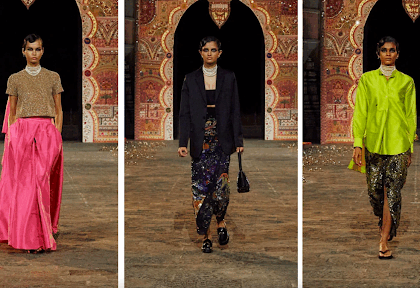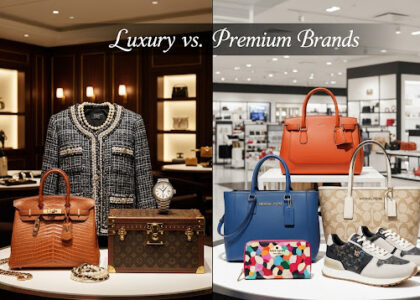Luxury brands operate in an industry where exclusivity, prestige, and brand reputation are paramount. However, in today’s digital era, a single crisis can damage a brand’s image and affect consumer trust within hours. Whether it’s a controversial campaign, product mishap, or ethical scandal, luxury brands must act swiftly to mitigate reputational risks and control the narrative.
In this blog, we will explore effective crisis management strategies for luxury brands, the impact of social media backlashes, and best practices for safeguarding brand reputation.
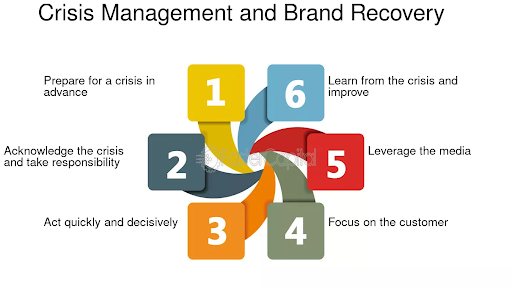
Understanding Crisis Management in Luxury Brands
A crisis in the luxury industry can emerge from various sources:
- Product Failures: Issues with quality, counterfeits, or product safety concerns.
- Ethical Scandals: Allegations of labor exploitation, environmental harm, or cultural appropriation.
- Public Relations Blunders: Poorly executed marketing campaigns leading to public outrage.
- Social Media Controversies: Instant backlash over insensitive remarks, influencer partnerships, or controversial statements.
Unlike mass-market brands, luxury brands rely on heritage, craftsmanship, and exclusivity, making crisis management even more delicate. Transparency, authenticity, and swift response are key to controlling damage.
The Role of Social Media in Brand Crises
Social media platforms have become both an asset and a liability for luxury brands. While they provide a direct channel for brand storytelling and engagement, they also amplify negative press, making crisis containment challenging.
How Social Media Escalates a Crisis:
- Viral Hashtags: Consumers often use viral hashtags to spread complaints and call for boycotts.
- Influencer and Celebrity Endorsements: Influencers with large followings can either support or condemn a brand’s response, impacting public perception.
- Instant News Cycles: Negative stories can spread globally within minutes, demanding a rapid response from brands.
Example: In 2018, Dolce & Gabbana faced severe backlash after launching an ad campaign in China featuring a model struggling to eat pizza with chopsticks. The campaign was deemed culturally insensitive, leading to massive consumer outrage, a boycott in China, and the cancellation of their fashion show.
Reputation Management Strategies for Luxury Brands
Luxury brands must implement proactive and reactive reputation management strategies to navigate crises effectively. Here’s how:
- Proactive Reputation Management
Prevention is always better than crisis management. Brands should adopt these measures to maintain a strong reputation:
- Crisis Preparedness Plans: Develop a comprehensive crisis communication strategy and train teams on how to handle potential PR disasters.
- Brand Monitoring: Use AI-driven social listening tools (e.g., Brandwatch, Sprinklr) to track consumer sentiment and detect potential crises early.
- Cultural Sensitivity Training: Ensure that marketing teams understand diverse cultural perspectives to avoid controversies.
- Ethical Supply Chains: Luxury brands should be transparent about sourcing, sustainability, and labor practices to prevent ethical scandals.
- Reactive Crisis Management Strategies
If a crisis does occur, a structured approach is essential to regain control:
- Acknowledge and Apologize A timely and well-crafted public apology can prevent further escalation. The apology should be:
- Sincere: Avoid corporate jargon and acknowledge the issue directly.
- Immediate: Delay in response can be perceived as indifference.
- Solution-Oriented: Clearly state the corrective actions being taken.
- Take Responsibility and Corrective Action Luxury brands must demonstrate accountability by:
- Investigating the Issue: Conduct internal audits and publicly share findings.
- Making Policy Changes: Modify business practices to prevent recurrence.
- Engaging Stakeholders: Involve industry experts and communities affected to rebuild trust.
- Leverage Brand Advocates Influencers, brand ambassadors, and loyal customers can help reshape public perception. Their endorsements can shift the narrative positively.
- Control the Narrative through Owned Media Brands should use their own channels (website, social media, press releases) to clarify facts and update customers about resolution efforts.
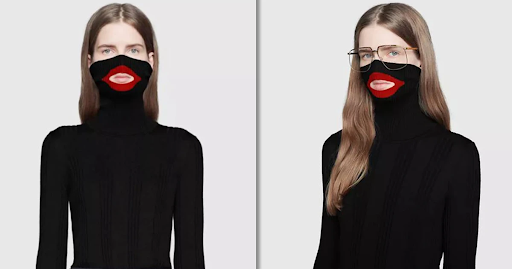
Case Studies: Crisis Management in Luxury Brands
- Gucci’s Blackface Controversy (2019)
Crisis: Gucci launched a black turtleneck sweater that resembled blackface imagery, leading to accusations of racism.
Response:
- Immediate removal of the product from stores.
- Public apology from the CEO.
- Launch of a Diversity & Inclusion Advisory Board.
- $10M commitment to diversity programs.
- Balenciaga’s Controversial Campaign (2022)
Crisis: Balenciaga faced massive criticism over a campaign featuring children in inappropriate settings, which many found disturbing.
Response:
- Public apology and removal of the campaign images.
- Legal action against the production team responsible.
- Increased internal control over creative approvals.
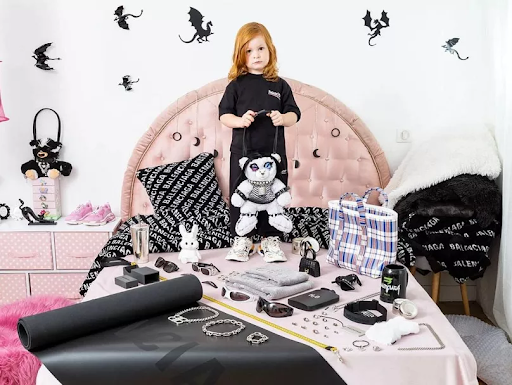
Outcome: The brand’s delayed response led to ongoing reputational damage, proving that timing is crucial in crisis management.
Key takeaways for luxury brand crisis management-
- Anticipate and Prepare: A solid crisis management plan should be in place before a crisis strikes.
- Act Fast and Transparently: Delayed responses can worsen reputational damage.
- Own the Mistake: Brands must acknowledge errors and demonstrate clear corrective actions.
- Leverage PR and Social Media Wisely: Controlled messaging through owned channels can help regain trust.
- Engage with Stakeholders: Collaborating with cultural experts, brand advocates, and affected communities fosters credibility.
Crisis management in luxury brands requires a strategic, swift, and sincere approach to protect brand reputation. In a highly connected digital world, consumers demand accountability, ethical responsibility, and transparency from luxury brands. By implementing proactive strategies, monitoring social media sentiment, and responding effectively to crises, brands can navigate challenges while maintaining their legacy of exclusivity and trust.
At The School of Luxury Retail (TSOLR), we prepare students to excel in luxury brand management by equipping them with the knowledge and skills needed to handle brand crises effectively.


